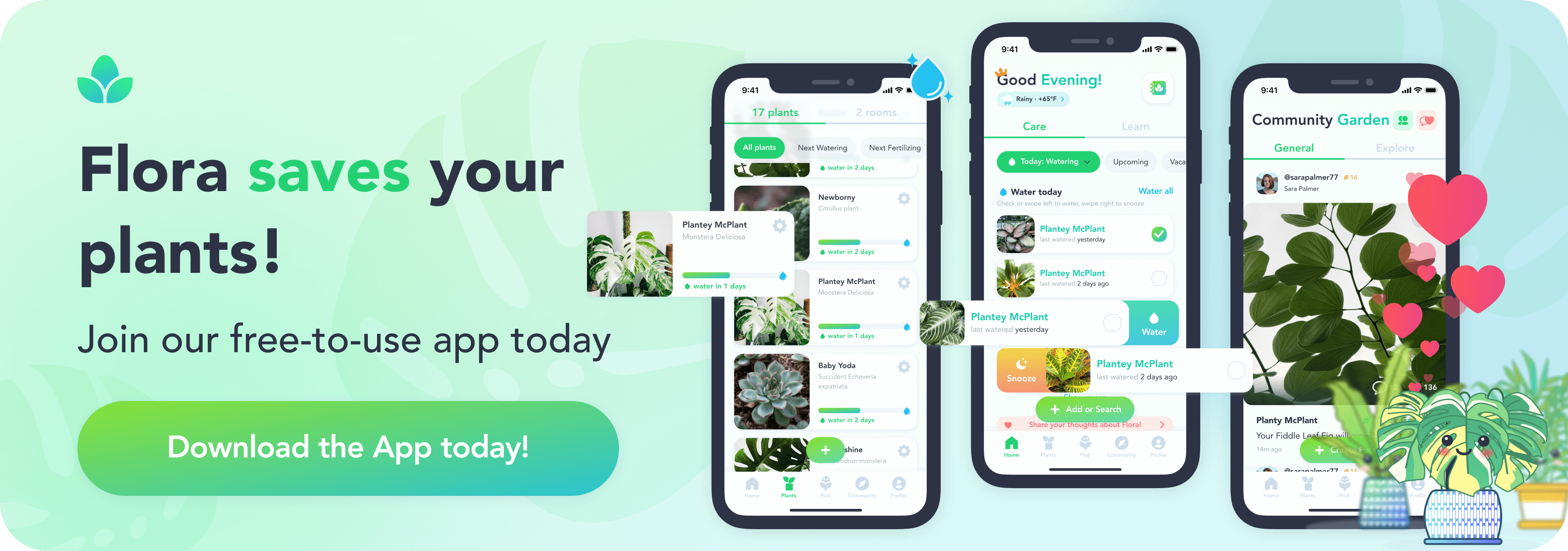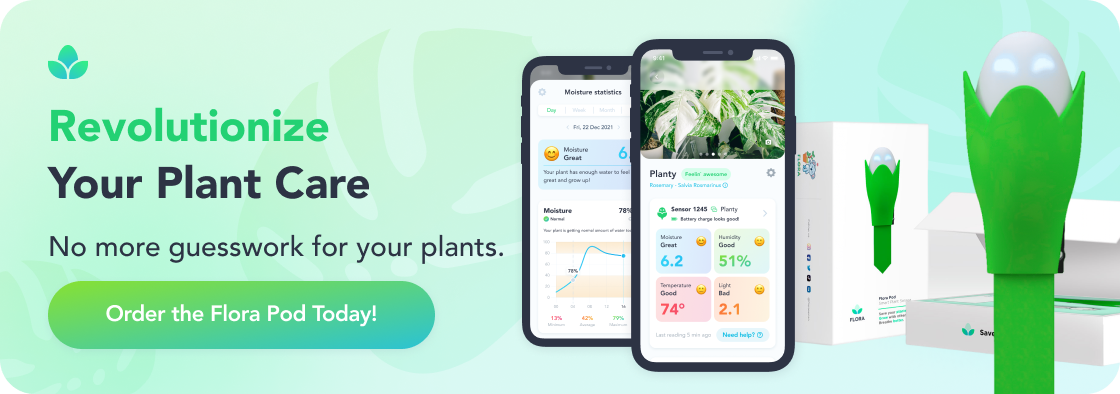Are Sunflowers Toxic? What You Need to Know
Sunflowers are popular for their cheerful blooms and are commonly grown in gardens and used in floral arrangements. But if you have pets, especially cats and dogs, you might wonder if sunflowers pose any risk. The good news is that sunflowers are generally safe, but there are a few considerations to keep in mind regarding their interaction with pets.
Are Sunflowers Toxic?
Sunflowers, known scientifically as Helianthus annuus, are not toxic to humans, cats, or dogs. They are considered safe for most living creatures, which is why they are a common choice for gardeners and florists alike. However, while they are non-toxic, there are a few precautions you should take when keeping them around pets.
Understanding Sunflower Toxicity
While sunflowers are largely safe, understanding their interaction with pets and potential risks is crucial for responsible pet ownership.
Why Sunflowers Are Considered Safe
The American Society for the Prevention of Cruelty to Animals (ASPCA) classifies sunflowers as non-toxic to cats, dogs, and horses. Unlike some plants that contain harmful alkaloids, glycosides, or other toxic compounds, sunflowers are free from these dangerous substances, making them a benign choice for homes and gardens with pets.
Lack of Harmful Compounds
Non-Toxic Components: Sunflowers do not have the toxic alkaloids found in some other plants like lilies or oleander. This lack of harmful substances means that even if a pet nibbles on a sunflower, it is unlikely to experience poisoning.
Pet Safety: The primary reason sunflowers are safe for pets is that they do not contain any chemicals that would cause a toxic reaction if ingested. This distinguishes them from many other ornamental plants that can be harmful or even deadly to pets.
Potential Risks of Sunflowers
While sunflowers are generally safe, there are still some considerations to keep in mind to ensure your pets' health and well-being.
Digestive Issues
Indigestible Fibers: Sunflowers are primarily composed of fibrous plant material that pets, especially cats and dogs, cannot easily digest. The lack of enzymes necessary to break down cellulose can lead to mild gastrointestinal upset if a pet consumes large amounts of sunflower parts, such as leaves or stems.
Symptoms to Watch For: If a pet ingests a significant quantity of sunflower material, it might experience symptoms like vomiting or diarrhea. These symptoms are typically mild and temporary but should be monitored. If symptoms persist, it is advisable to consult a veterinarian.
Choking Hazards and Seed Concerns
Sunflower Seeds: While sunflower seeds are not toxic, they can pose a choking hazard, especially if ingested whole by smaller pets. Additionally, the shells of sunflower seeds can be sharp and irritating to the digestive tract.
Moderation Is Key: While pets can consume small quantities of shelled, unsalted sunflower seeds without issue, it's important to offer them sparingly to prevent digestive problems. For dogs, seeds should be given in moderation, and it is advisable to remove the shells.
Allergic Reactions
Potential Allergies: Although rare, some pets may develop allergies to sunflower pollen, leading to symptoms such as sneezing, itching, or skin irritation. If you notice any allergic reactions, it is best to keep your pet away from sunflowers and consult a veterinarian for advice.
Are Sunflowers Toxic to Cats?
Cats are naturally curious and may be attracted to the movement and texture of sunflower petals and leaves. Fortunately, sunflowers are not toxic to cats. However, cat owners should be mindful of a few potential issues:
Digestive Upset: If a cat consumes a large amount of sunflower leaves or petals, it might experience mild gastrointestinal upset. This could result in symptoms like vomiting or diarrhea. These symptoms are typically temporary and resolve on their own once the plant material has passed through the digestive system.
Allergic Reactions: Some cats might have an allergic reaction to sunflower pollen, which can cause sneezing, itching, or watery eyes. While rare, it's something to watch for if your cat has a history of allergies.
Choking Hazards: Sunflower seeds and stems can pose a choking hazard. It's essential to ensure that any sunflower parts are kept out of reach of your cat, especially the seeds, which can become lodged in the throat.
Are Sunflowers Toxic to Dogs?
Sunflowers are also non-toxic to dogs. However, similar to cats, dogs may face certain risks if they ingest sunflower parts:
Digestive Issues: Eating sunflower leaves or flowers can lead to minor digestive upset in dogs, manifesting as vomiting or diarrhea. This is usually not serious but should be monitored.
Sunflower Seeds: While the seeds themselves are not toxic, they can cause digestive issues if consumed in large quantities. It's essential to offer unsalted and shelled seeds only, as salted seeds can lead to sodium ion poisoning, and the shells can irritate the digestive tract.
Behavioral Considerations: Dogs are often more likely than cats to chew on plants out of boredom or curiosity. Providing chew toys and ensuring that your dog is not left unsupervised around plants can help prevent this behavior.
Sunflowers and Pet Safety
Precautions to Take
Even though sunflowers are not harmful, it's always wise to take precautions to ensure your pets remain safe:
Monitor Your Pets: Keep an eye on your pets when they are around sunflowers, especially if they are prone to chewing on plants.
Safe Plant Placement: Place sunflowers out of reach of pets to avoid accidental ingestion. This can also help prevent pets from knocking over pots or vases, which could cause injury.
Use Organic Practices: If you grow sunflowers in your garden, use organic pest control methods to avoid exposing your pets to harmful chemicals.
Sunflowers in the Garden
Growing sunflowers in your garden can be a safe and beautiful addition, even if you have pets. They attract beneficial pollinators like bees and butterflies, adding ecological value to your garden.
Companion Planting: Consider planting sunflowers alongside other pet-safe plants to create a visually appealing and safe garden space.
Educational Opportunities: Sunflowers provide an excellent opportunity to teach children about plant growth and care, making them a family-friendly plant choice.
Sunflowers are a wonderful, safe addition to any home or garden, bringing beauty and cheer without posing a threat to your pets. While they are non-toxic, it's always best to monitor your pets around any plants to prevent any potential issues from overconsumption. By taking simple precautions, you can enjoy the beauty of sunflowers without worry.
Fern's Leafy Learnings
Non-Toxic Beauty: Sunflowers are safe for cats, dogs, and humans, making them a pet-friendly plant choice.
Digestive Concerns: Ingesting large amounts of sunflower parts can cause mild digestive upset in pets.
Allergy Awareness: Some pets may have allergies to sunflower pollen, leading to mild symptoms like sneezing.
Safe Practices: Monitor pets around sunflowers and keep plants out of reach to avoid choking hazards.
Organic Care: Use organic growing practices to keep your garden safe for both pets and wildlife.
Deepen Your Roots with Flora
At Flora, we not only bring you a vibrant selection of locally sourced, rare, and delightful plants, but we also serve as your continuous guide in your plant parenting voyage, ensuring every leaf in your sanctuary thrives. With our Flora Pod™ technology and a nurturing community of over 250,000 plant lovers, we cultivate a space where every plant parent - novice or expert - can blossom.
We propagate with a commitment to sustainability, connection, and ceaseless growth, fostering a community where each member, and their plants, are cherished and nurtured.
Crave a lush, thriving green space? Adopt a plant from Flora today!
Flora Pod™ is featured on Shark Tank!

Shop Plants
Top 10 Most Popular Roses
Mar 22, 2022
How to Care for China Roses
Mar 11, 2022
How to Care for Chinese Money Plants
May 15, 2020
How to Grow and Care for A Bird of Paradise
Apr 26, 2020
Top 10 Plants To Grow In A Terrarium
May 31, 2022
How to Grow and Care for Lucky Bamboo
Mar 29, 2022
How to Grow and Care for Corn Plants
Mar 29, 2022
How to Care for Madagascar Dragon Trees
Mar 21, 2022



